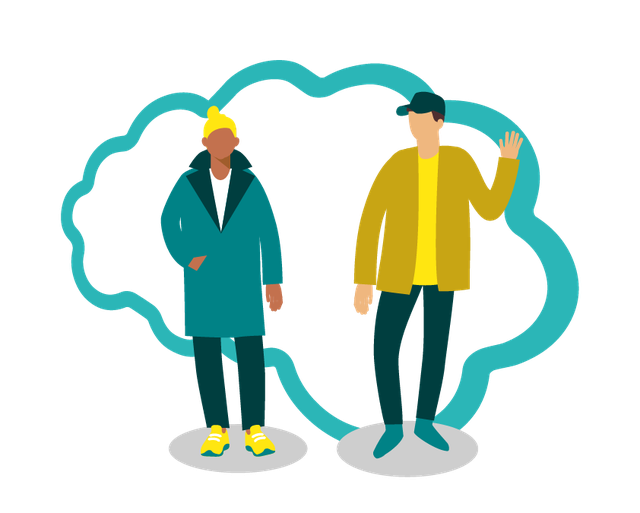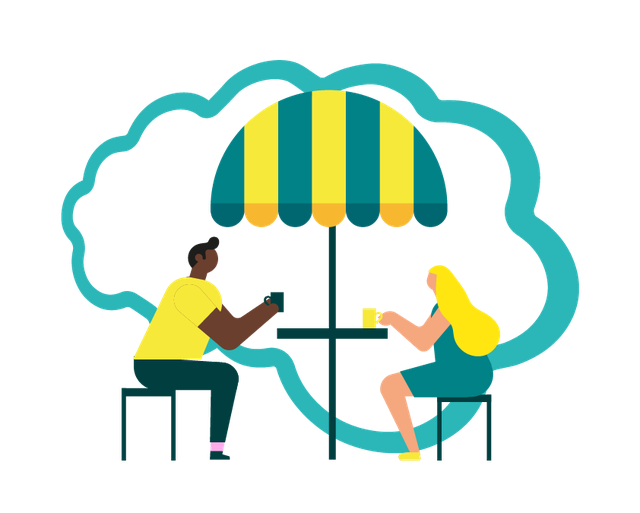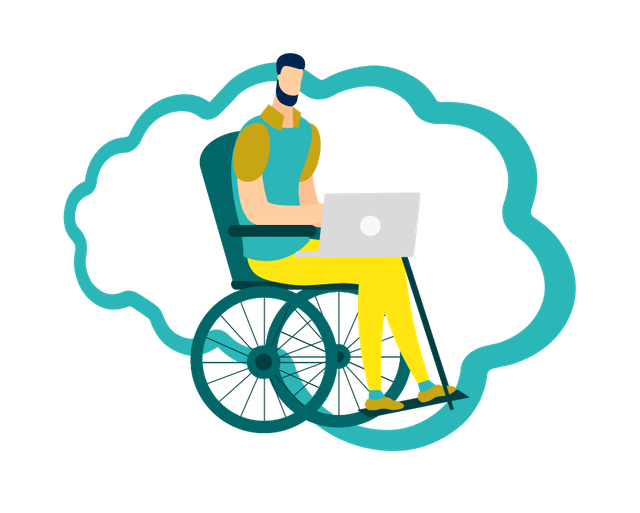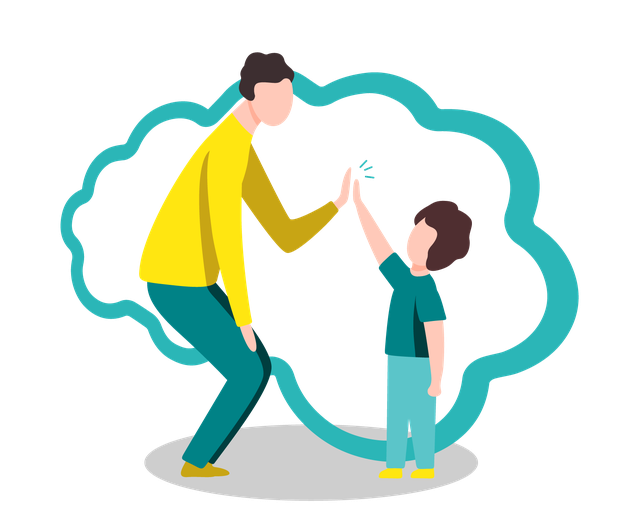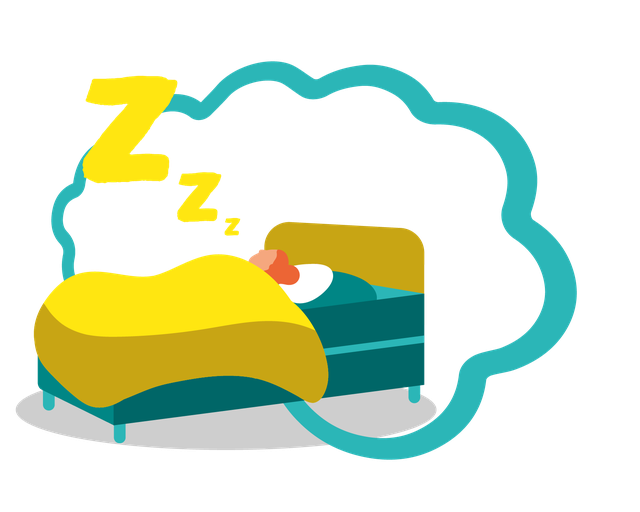Further support and advice
Our pages on common mental health issues and COVID-19 have lots more tips and advice, as well as
support if you’re a parent or caregiver for a child or young person or
helping others with mental health problems.
If you or one of your loved ones needs more support, the NHS is here to help. You can access NHS talking therapies
for common mental health problems, delivered by IAPT services, by
self-referring online or through your GP. Services have and will
continue to be open throughout the COVID-19 outbreak.
Talking therapies are also available to older people, and translation or
multi-lingual services might be available for those whose first language
is not English.
If you or a loved one are experiencing a mental health crisis, you can find an urgent local NHS mental health helpline to call
for 24-hour advice and support, or visit our urgent support page.
